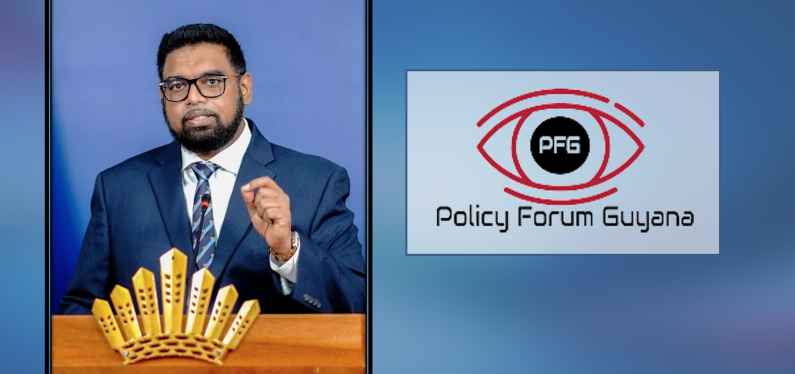
In response to concerns from some civil society groups that there may be lapses of oversight and transparency in relation to government projects because of the pace at which decisions are being made by the government, President Irfaan Ali on Thursday said his government has no plans to slow down.
In a statement that was endorsed by 11 civil society groups including Transparency Institute Guyana, the Guyana Human Righs Association and the National Toshoas’ Council, the Policy Forum Guyana group expressed worry that “the bewildering pace and range of official decision-making is rendering the Government accountable to no one”.
The groups also hammered the government for not engaging the Opposition on major national issues, while removing some safeguards for transparency from the Natural Resources Fund Act, while reducing the powers of the Environmental Protection Agency and replacing the Head of the Guyana Extractive Industries Transparency Initiative with a high profile party supporter.
In response, President Ali said his government is focused on keeping its manifesto promises and the targets that it has set for itself.
“Let me be clear, we are going to move at an even accelerated pace to ensure the commitments we made to the people of this country are realised and that our social contract on which we were elected must be achieved”, President Ali said.
According to the President, the Government has not been sidestepping issues of accountability and transparency. He said the undertakings of his government are well discussed in the public domain.
He said “we have established a clear vision for the transformation of our country and we have established a clear vision for the economic development of our country”.
But the civil society groups in their statement said the essence of accountability is the provision of trustworthy information.
The groups said the country is at a stage right now where citizens rely on sources pieced together by the media, anecdotes from an Energy Conference, remarks to visiting dignitaries, or the latest foreign investor unveiling his plans.
“This control of information in an ethnically and politically polarized society – in which one side is inclined always to give the rulers who look like them benefit of the doubt and the other side to always suspect mischief – is particularly toxic. Such an approach would be unacceptable even were such opaque decision-making limited to routine political matters”.
The Policy Forum Guyana group and the other partners said when dealing with future-of-society issues such as a gas pipeline, a controversial hydroelectric scheme, expanded oil exploration and deposit of 30 tons-and-counting of toxic wastes daily on the coastland, the current decision-making process is nothing less than frightening and intolerable.
It was also noted by the groups that they believe their concerns are similar to those reflected in the recent US Government Report “Democracy, Human Rights and Governance Assessment Guyana” which stated that “it is incumbent on the government, parliament and the citizens to reach across the racial and ethnic divide to come to a common vision of a new national development plan….political favoritism towards one ethnic group is especially worrisome as Guyana is on the cusp of unprecedented economic transformation”.
President Ali in his response appeared unapologetic for the decision-making posture of his government, describing as “nonsense” the concerns of the civil society groups in relation to the pace of government decision making on national issues.
The Civil Society groups believe the Government needs to modify the legislation governing the Natural Resource Fund and to ensure the selection processes in both the NRF and GYEITI are credible, transparent, trustworthy and in the national interest, rather than partisan interest.











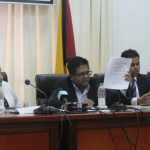
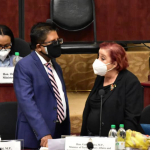
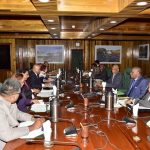
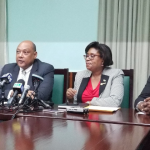


You must be logged in to post a comment Login